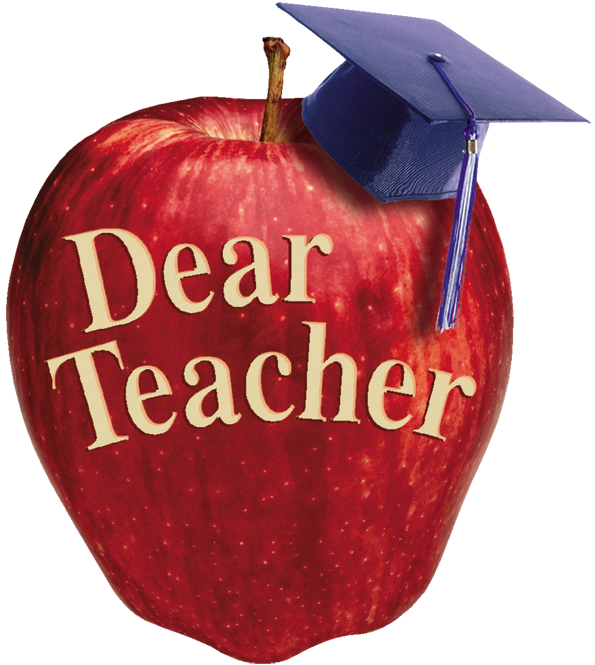Question: I want to be ready for this school year by increasing my knowledge of frequently used educational jargon. Please help! -- Need Vocabulary Expansion
Answer: Here are some words and terms that you might hear from your children's teachers and schools:
Adaptive Learning -- The educational method that uses computers as interactive teaching devices. The computer adapts the instruction to students' needs as indicated from their responses.
Advanced Placement Program (AP) -- High school courses that give students the opportunity to take college-level courses and receive credit for their work.
Blended Learning -- The combination of student learning in the classroom and additional content delivered online.
Bring Your Own Technology (BYOT) -- Refers to students bringing and using their own media devices at school.
Brainstorming -- An organized approach for producing ideas by letting the mind think without interruption. It can be done by individuals or groups. It is often used to enhance creativity.
Charter School -- Public schools that have fewer rules, regulations and statutes than traditional state schools, but receive less public funding.
Common Core State Standards (Common Core) -- A set of educational expectations, or benchmarks, created by the states for their standards of instruction for each subject area. These standards define the knowledge and skills students should have within their K-12 educational careers so they will graduate from high school able to succeed in entry-level college courses and in workforce training programs.
Computer Based Learning -- Computers are used as a key component in classroom instruction.
Coursera -- A for-profit company that works with universities to make some of their courses available online.
Critical Thinking -- Is the mental process of making reasoned judgments that are thought out and logical.
Flipped Classroom or Flipped Learning -- Students learn new content at home on their computers or other digital devices and then work on homework at school with their teachers.
Gamification -- The use of games to engage students in learning educational material in the classroom.
Individualized Learning -- An entire group works on the same content; however, each student works at his or her own level and pace.
Kahn Academy -- A website with thousands of free educational resources, including lectures and tutorials (www.khanacademy.org).
Kinesthetic Learning -- Students learn by carrying out a physical activity, rather than listening to a lecture or merely watching a demonstration.
Massive Open Online Course (MOOC) -- Is an online course that is offered by dozens of universities. Visit www.mooc-list.com to see a list of courses with free access.
No Child Left Behind (NCLB) -- A federal law that calls for accountability legislation for standards-based education reform to improve students' achievement. It requires standardized testing to measure schools' success.
Rubrics -- Are standards set up by teachers to assess students' work before the work begins.
School Choice -- An educational option that lets parents decide exactly which school they want their children to attend.
STEM (Science, Technology, Engineering, and Mathematics) -- The fields that are together considered the core technological underpinnings of an advanced society.
Virtual Classroom (distance education) -- An online classroom identical to a real world classroom except the teachers and students are interacting digitally.
